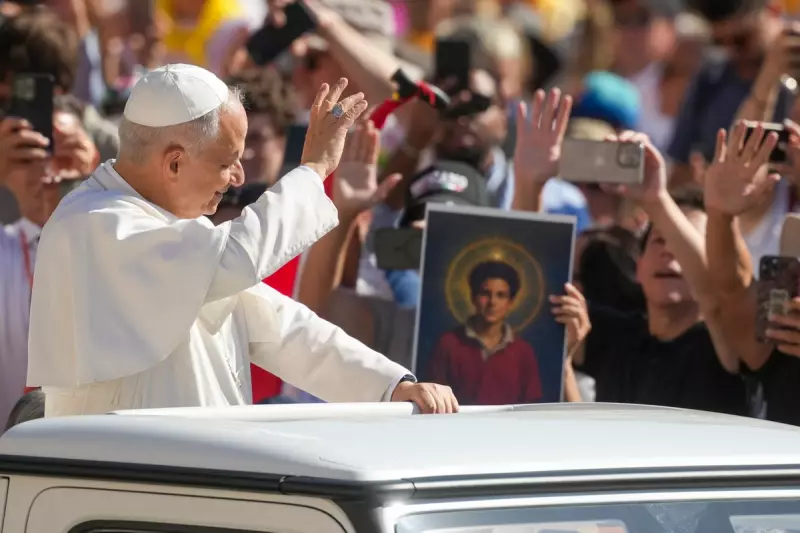
In a move that has sent shockwaves through the global Catholic community, Pope Francis has announced his intention to resign from the papacy. The 87-year-old pontiff cited his failing health and advanced age as the primary reasons for his historic decision, making him one of the few popes in history to step down voluntarily.
The announcement was made during a consistory with cardinals in Vatican City, leaving the powerful assembly in a state of stunned silence. This momentous decision paves the way for a conclave to be held next month to elect his successor, throwing the future leadership of the world's 1.3 billion Catholics into a period of intense speculation.
A Decision of Humility and Frailty
In his address, the Pope framed his resignation not as a retreat, but as an act of acknowledgment. He stated that his declining strength, a consequence of his advanced years, made it increasingly difficult to fulfil the immense duties of his office. This act of humility echoes that of his predecessor, Pope Benedict XVI, who resigned in 2013, breaking a 600-year tradition.
Francis assured the faithful that his decision was made after careful prayer and examination of his conscience, emphasising that the role of the Supreme Pontiff requires "both strength of mind and body."
The Road to a New Conclave
With the Pope's resignation official, the intricate and secretive machinery of the Vatican will now swing into action. All eyes are turning towards the College of Cardinals, who will be tasked with electing a new leader in a closed-door conclave next month.
Speculation is already mounting over potential successors. Prominent figures include Cardinal Vittorio Francesco Viola, the head of the Vatican's department for divine worship, and Cardinal Matteo Zuppi of Bologna, who has been a key mediator in international peace efforts. The choice will signal the future direction of the Church, whether it continues on Francis's path of reform or adopts a different course.
A Legacy of Reform and Controversy
Pope Francis's pontificate has been defined by his pastoral approach, his focus on the poor and marginalised, and his efforts to modernise certain aspects of Church governance. However, his nearly 11-year reign was also marked by significant opposition from conservative factions within the Church who resisted his reforms.
His upcoming resignation ensures his legacy will be debated for years to come, as the Catholic Church stands on the precipice of a new, uncertain chapter.





